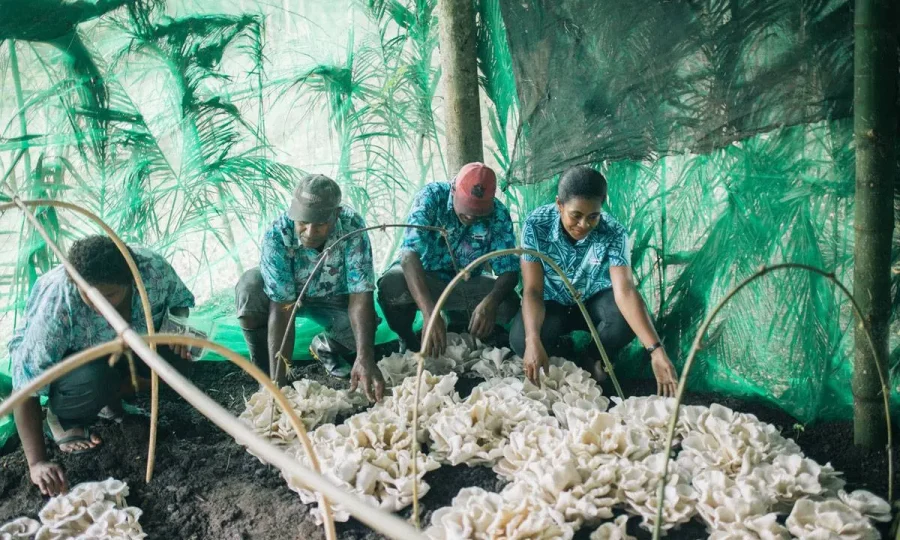The First Belt and Road Conference on Science and Technology Exchange will be held from November 6-7 in Southwest China’s Chongqing Municipality, said Vice Minister of Science and Technology Zhang Guangjun on Monday.
The country is looking forward to continuing the in-depth implementation of the Belt and Road Science, Technology and Innovation Cooperation Action Plan with Belt and Road Initiative (BRI) partner countries, Zhang told a press conference.
China held the third Belt and Road Forum for International Cooperation on October 18, during which the country vowed to continue to advance scientific and technological innovation as one of the major steps to support the joint pursuit of high-quality BRI cooperation.
Zhang said that the conference will feature 10 major events centering on intergovernmental cooperation in science and technology, industrial innovation and development, paradigm change in scientific research, medicine of the future, open science and big data.
More than 300 participants from more than 70 countries and international organizations have been invited, including nearly 40 Nobel Prize winners, foreign academicians, experts and scholars, and presidents of famous foreign universities, according to Zhang.
“By organizing the conference, we hope to summarize the progress of cooperation in science and technology innovation with BRI partner countries and discuss the trend and direction of tech innovation development, in order to propose key initiatives to promote the high-quality development of the Silk Road of Innovation,” Zhang noted.
Through exchanges and cooperation among researchers, common challenges faced by some regions can be jointly solved and global scientific and technological progress and development can be promoted, Wang Peng, an associate research fellow at the Beijing Academy of Social Sciences, told the Global Times on Monday.
Zhang noted that China has signed intergovernmental agreements on scientific and technological cooperation with more than 80 countries, jointly constructing an all-round, multi-level and wide-ranging pattern of scientific and technological cooperation, and yielding solid achievements.
In terms of promoting people-to-people exchanges, China has supported more than 10,000 young scientists from BRI partner countries to come to China for short-term work and exchanges, and trained 16,000 scientific and technological and management personnel from partner countries.
China and BRI partner countries have built more than 50 joint laboratories in a variety of fields, including agriculture, medical care, information, new energy and basic research, and established 10 overseas science and education cooperation centers.
In order to jointly improve people’s livelihoods, China and BRI partner countries have supported the construction of cooperation platforms, such as the center for scientific and technological cooperation in public health, the agricultural technology demonstration center and the Juncao technology demonstration center.
Over the past decade, China has promoted cooperation in science and technology parks with BRI partner countries and set up nine transnational technology transfer centers for ASEAN, the Arab States, Africa and other regions, establishing a wide-ranging technology transfer network with other countries to serve the industrial upgrading of each country.
China and BRI partner countries can further deepen their cooperation in science and technology in areas like artificial intelligence, new energy, biotechnology and aerospace. In addition, more cooperative projects can be carried out in areas such as agricultural science and technology, medicine and healthcare, bringing more benefits to the people of all countries, Wang noted.










